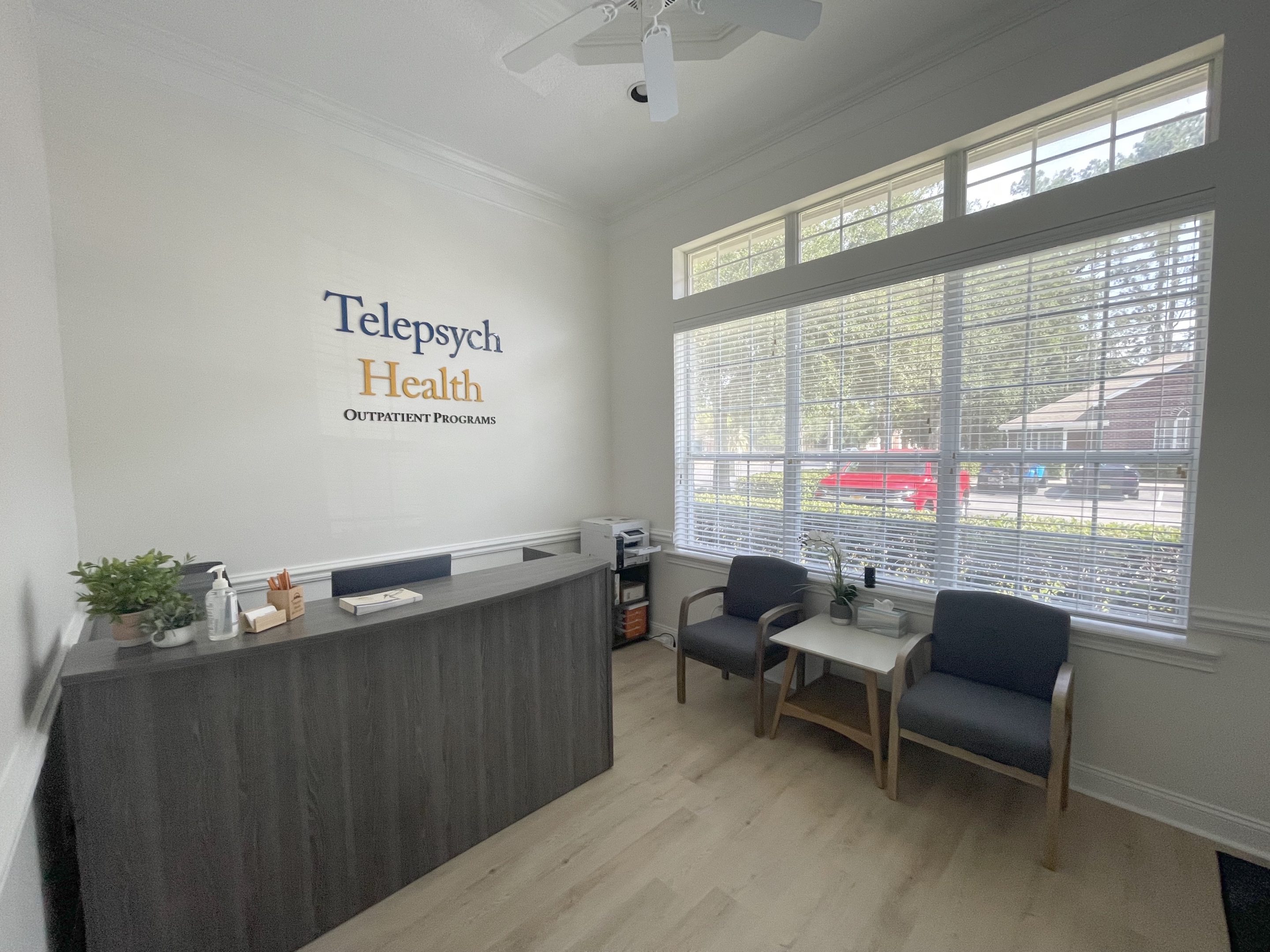As physical demands and stress take their toll on nurses, many seek ways to continue their careers without compromising health or passion. Telemedicine offers a transformative path forward, allowing nurses to extend their practice from the comfort of home. In this article, discover how transitioning to remote care not only protects your well-being but also opens doors to specialized roles, flexible scheduling, and career revitalization.

The nursing field requires bodily endurance, psychological strength, and steadfast commitment. After years of extended shifts, physical demands, and intense workplace settings, numerous veteran nurses wonder about their career sustainability. Remote healthcare offers a revolutionary option enabling experienced nurses to utilize their knowledge while managing the physical and mental difficulties that limit nursing longevity.
Reduced Physical Demands Extend Career Longevity

Traditional nursing positions demand prolonged standing, patient lifting, and continuous motion during challenging shifts. Such physical demands frequently result in persistent back discomfort, joint issues, and exhaustion that may compel premature retirement.
Remote healthcare removes these bodily pressures by enabling nurses to operate from ergonomically arranged home workspaces or comfortable medical environments. Without requirements to lift patients, hurry among rooms, or remain standing for long durations, nurses can maintain their practice into advanced years without physical deterioration.
The shift to digital care removes contact with contagious illnesses and occupational hazards typical in hospital environments. This decreased risk element grows more significant as nurses advance in age and might face increased vulnerability to medical issues. By eliminating these physical obstacles, remote healthcare establishes maintainable professional trajectories that substantially prolong employment years.
Advanced Practice Opportunities Through Specialized Training

Telemedicine creates opportunities for specialized practice fields that might not have been available in conventional environments. Mental health offerings, chronic illness supervision, and patient teaching positions proliferate in the digital realm.
For nurses focused on psychiatric treatment, enrolling in online MSN PMHNP programs can deliver the advanced education required to move into sought-after telehealth roles as psychiatric mental health nurse practitioners.
These specialized positions frequently offer elevated salaries and provide greater independence than conventional bedside nursing jobs. The intellectual challenge and career development connected with advanced practice can rekindle enthusiasm for nursing in those facing professional exhaustion.
In addition, advanced practice roles often allow nurses to focus on long-term patient relationships, follow-up care, and preventive strategies—providing deeper fulfillment for those wanting to move beyond the episodic nature of hospital-based care.
Flexible Scheduling Improves Work-Life Balance

Telemedicine provides unmatched scheduling autonomy that conventional nursing positions cannot offer. Numerous telehealth roles enable nurses to establish personalized work schedules, pursue part-time opportunities, or select shifts that complement their circumstances and peak performance hours.
This adaptability is especially beneficial for nurses managing household duties, personal health challenges, or those pursuing enhanced work-life harmony after years of inflexible hospital rotations.
Remote work capabilities eliminate travel time and facilitate superior coordination of personal wellness requirements, family commitments, and self-maintenance practices. This enhanced equilibrium diminishes exhaustion and stress-induced health complications that frequently cause nurses to leave the field prematurely.
Moreover, this level of autonomy can improve job satisfaction by reducing the emotional toll often caused by administrative overload, understaffing, and unpredictable shift demands in traditional settings.
Technology Skills Development Enhances Marketability

Telemedicine practice inherently cultivates essential technological expertise that enhances a nurse’s career prospects throughout the healthcare industry. Regular use makes mastery of electronic medical systems, virtual consultation platforms, remote patient monitoring equipment, and digital coordination tools intuitive.
These technological capabilities are essential across all healthcare environments, positioning nurses as adaptable and sought-after professionals throughout their career trajectories. The ongoing education necessary to remain proficient with evolving telehealth innovations also delivers mental engagement that helps avoid professional plateau and sustains occupational fulfillment.
Telehealth tools also foster stronger collaboration between interdisciplinary teams—allowing nurses to work more closely with doctors, therapists, and social workers in virtual settings. This boosts a nurse’s ability to participate in complex care planning and advocacy, further enriching their role.
Helpful Tip for Nurses Transitioning to Telemedicine
Set up an ergonomic home workspace early. A supportive chair, proper screen height, and structured routine will help you avoid physical fatigue and maximize the long-term benefits of remote nursing.
KEY TAKEAWAYS
-
Telemedicine reduces physical strain like standing, lifting, and long shifts—making it ideal for late-career nurses.
-
Working remotely lowers exposure to infectious diseases and occupational hazards.
-
Nurses can extend their careers by transitioning into virtual care roles that are safer and more sustainable.
-
Remote nursing promotes work-life balance and flexibility without sacrificing clinical impact.
Expanded Geographic Reach and Job Security

Telemedicine eliminates location constraints, enabling nurses to seek employment with organizations throughout their licensed territories. This broadened professional landscape offers enhanced job stability and pathways for career growth. Rural healthcare professionals can pursue roles with metropolitan medical centers, while those in saturated markets can investigate positions in areas facing staffing shortages.
The rising need for remote healthcare services creates employment stability within a transforming medical environment. As medical institutions progressively embrace virtual care frameworks, nurses possessing telehealth expertise establish themselves as essential contributors in a quickly developing sector.
Additionally, some organizations are beginning to offer cross-state licensure support to maximize workforce flexibility—further expanding opportunities for telehealth-experienced nurses.
Additional Benefits of a Telehealth Transition

In addition to the core advantages discussed above, transitioning to telemedicine offers several often-overlooked benefits that add to long-term career satisfaction:
-
Lower Cost of Living: Remote work may allow nurses to live in more affordable locations without relocating for job opportunities.
-
Environmentally Friendly: Eliminating the daily commute contributes to sustainability efforts and reduces stress.
-
Increased Autonomy: Nurses in virtual roles often have more input in how they manage their time, patients, and workloads.
-
Opportunities for Entrepreneurship: Some experienced nurses use telehealth to launch private practices, coaching services, or educational platforms—leveraging their knowledge to create flexible, meaningful careers.
Summary
Moving to telemedicine signifies beyond a professional shift; it’s a commitment to career sustainability. Through managing the physical, psychological, and logistical difficulties that commonly reduce nursing tenure, telemedicine establishes opportunities for veteran nurses to maintain their expert contributions while preserving their wellness and vitality over time.
For nurses seeking a way to extend their career without sacrificing well-being or purpose, telemedicine is more than a solution—it’s a new beginning.







